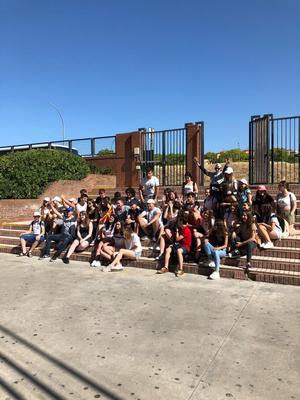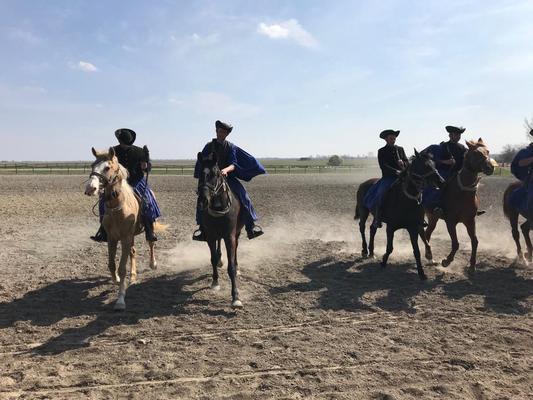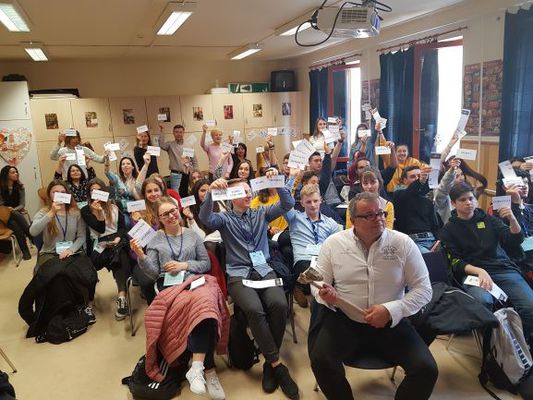The focus of the meeting will be the knowledge of the above terms in the title.
Presentations, workshops and visits to a local bank will be organized. A meeting with the parents will also be part of the programme.
The objective s of the activity are aimed to:
s of the activity are aimed to:
- recognize and distinguish needs and desires
- understand the management of the pocket money
- recognize similarities and differences between personal and family budget
- know alternative payment instruments for cash: credit and debit cards, online purchases
- acquire skills in recognizing the value of savings
Activity results: video interviews with parents; presentation of Which kind of a person am I? Development of a personal budget plan considering our needs and desires and the family budget, minting of some coins, "How our family budget works" poster
Participants: teachers (Math, Foreign Languages, Art, ICT, Science, Physics) and students and teachers from partner organizations, financial experts, parents, local entrepreneurs.
 Description of the activity
Description of the activity
The following activities are going to be organized:
- in the classroom readings of stories whose characters are identified as “greedy and spendthrift” to introduce the topic on the objectives of the
activity (pocket money, budget, savings)
- workshops to prepare the questions for the interview with parents about family budget;
- Workshop: "How our family budget works" making the budget for an average family of different countries; working in groups
-visit of National Bank of Budapest to know the circulating and obsolete currency, to carry out an activity of minting some of them
-Workshop: to build a Personal budget plan
 Teachers Workshop: the teachers evaluate the meeting, evaluate the effectiveness of teaching activities in the situations experienced.
Teachers Workshop: the teachers evaluate the meeting, evaluate the effectiveness of teaching activities in the situations experienced.
Methodologies: classroom lectures, interactive activities and games, language and writing, peer learning and learning by doing.
Presentation of their products to everyone.
Evaluation of the meeting through a questionnaire and analysis of questionnaire replies